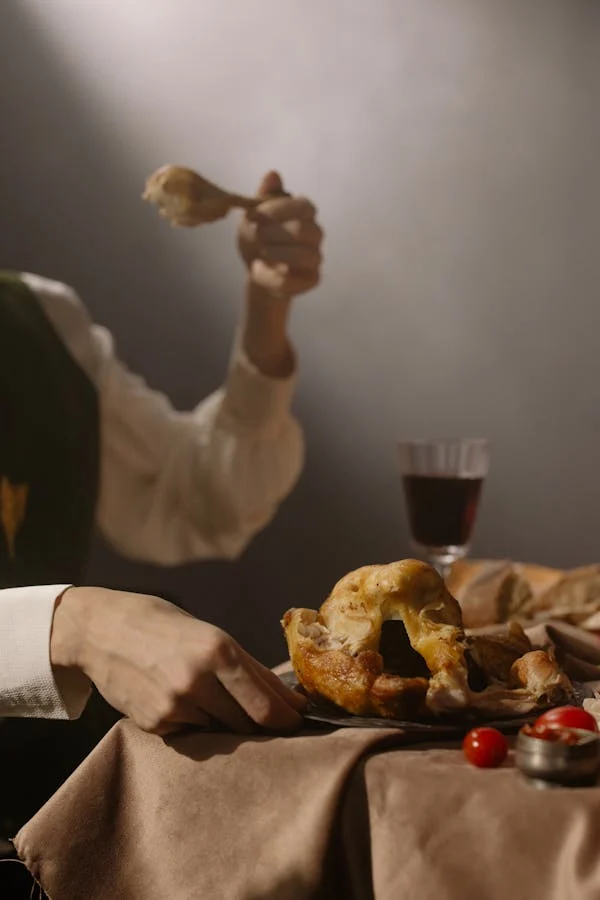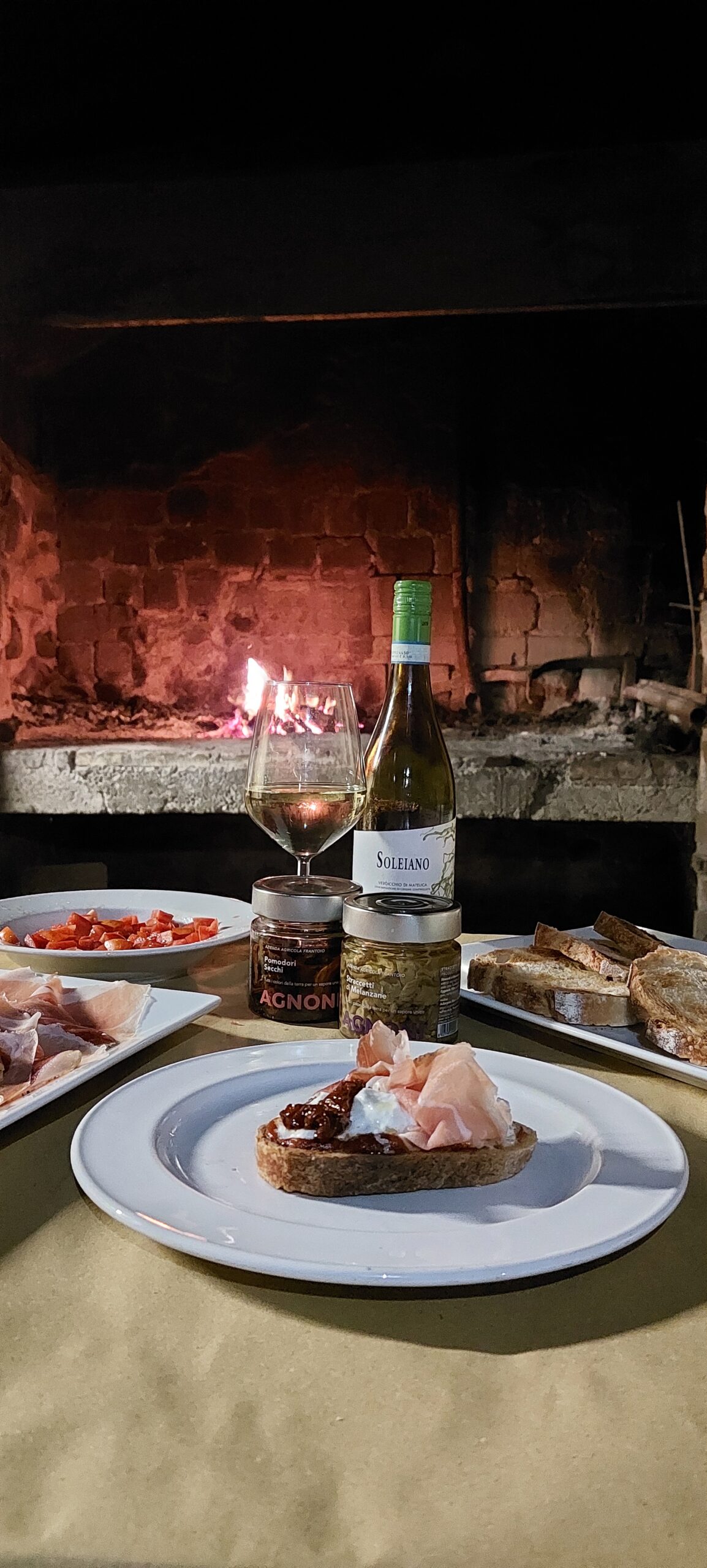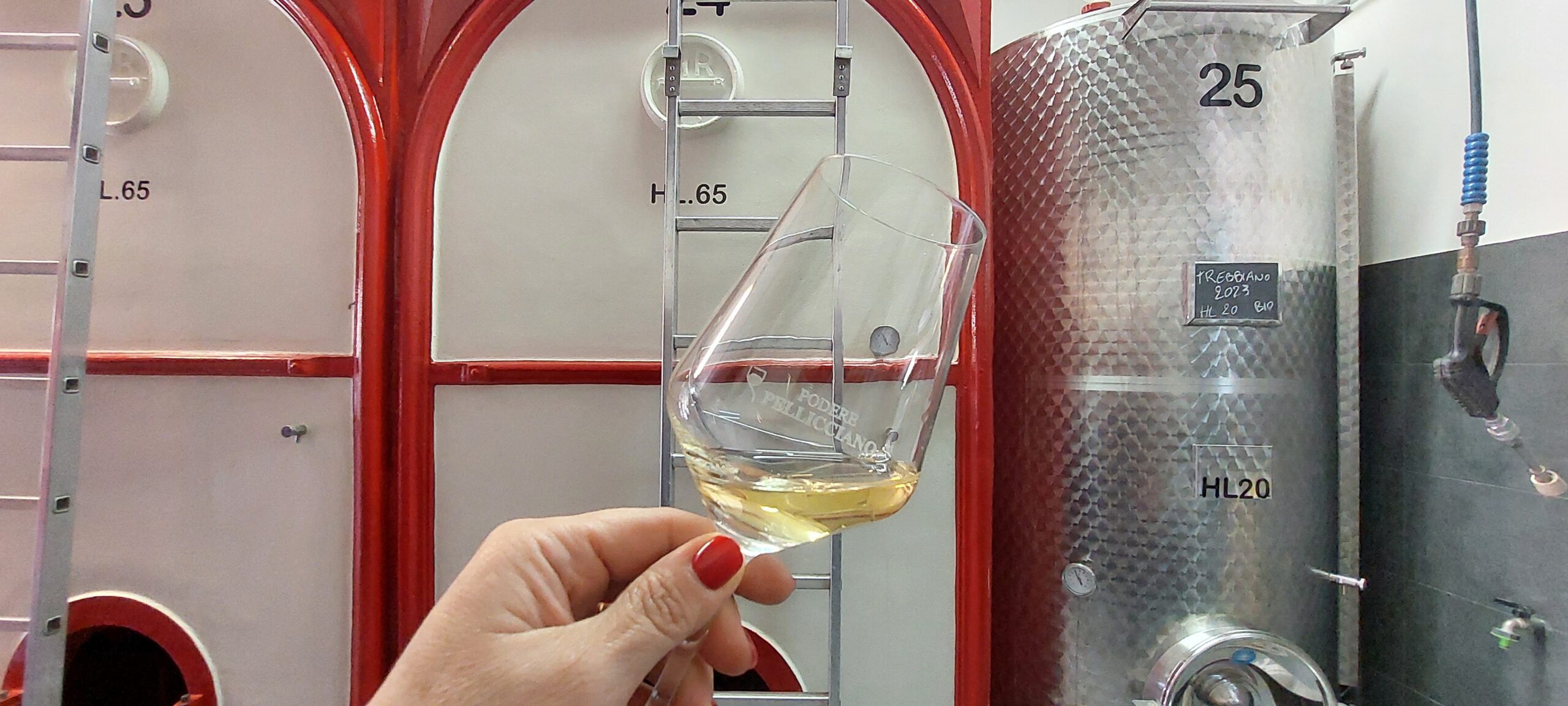Wine in Antiquity: Between Pleasure, Nutrition and Culture
By Carol Agostini
Wine has accompanied man throughout his history since ancient times, evolving from a simple foodstuff to a cultural and ritual symbol. Different civilisations, both Italian and foreign, have interpreted wine in various ways, recognising its nutritional qualities, the pleasure it offered and, in some cases, its potential as a vice. This article will explore the importance of wine in ancient societies, highlighting its many uses and meanings and analysing how these are reflected in our modern relationship with this age-old beverage.

The origin of wine dates back over 7,000 years, with the earliest evidence of winemaking coming to us from the Caucasus region between present-day Georgia, Armenia and Iran. The earliest fermentation techniques used grapes as raw material to obtain a drink that was not only pleasing to the taste, but also capable of retaining nutrients for long periods. For this reason, wine soon acquired special importance in ancient farming communities, as it was a durable food, rich in calories and useful during long winters or lean periods.
In many ancient cultures, wine was associated with divinity and the sacred. For the ancient Egyptians, for example, wine was a symbol of abundance and fertility, reserved mainly for the noble classes and used in religious ceremonies. The tombs of the pharaohs often contained amphorae of wine, a sign of its importance for the afterlife.
The ancient Greeks were probably the first to give wine a more complex social and intellectual dimension. Wine was considered a gift from the gods, in particular Dionysus, the god of wine, joy and ecstasy. But Greek wine was not just a hedonistic pleasure; it was an integral part of intellectual and philosophical life.
The symposium, a social practice that took place during Greek banquets, was a gathering where the consumption of wine was accompanied by philosophical discussions, poems and music. The symposium was not just about drinking, but was a time of cultural sharing, reflection and learning. However, the Greeks paid much attention to moderation. Wine was often diluted with water to avoid drunkenness, which was considered undignified.
In Greece, wine was also an important economic commodity. Vines were cultivated in different areas of the peninsula and islands, and wine was exported to many parts of the Mediterranean. The quality of wine varied widely, and the wealthier classes could afford more valuable wines, often stored in sealed amphorae and destined for long journeys.

Rome: Wine as a Symbol of Power and Social Cohesion
In ancient Rome, wine was considered a central element of daily life and festivities. It was drunk by all social classes, from patricians to plebeians, although the qualities consumed varied considerably. During sumptuous Roman banquets, wine flowed abundantly and symbolised the wealth and refinement of the ruling class.
Moreover, wine played a fundamental role in religion and public ceremonies. The festivals dedicated to Bacchus, the Roman equivalent of Dionysus, were celebrations characterised by excesses of all kinds, including the large quantities of wine consumed. These festivals, known as Bacchanalia, became so wild that, at one point, they were banned by the Roman state for fear that they might destabilise the social order.
However, despite the excesses, the Romans also recognised the value of wine as food. It was often considered safer to drink than water, which could be contaminated, and therefore became part of the daily diet. Wine was mixed with spices, honey and water to improve its flavour and prolong its shelf life, a custom that persists in some Italian regions to this day.
Another interesting aspect of Roman wine culture was the focus on its production. The Romans improved many of the techniques of viticulture and winemaking, and many of today’s Italian wine regions, such as Tuscany and Latium, saw their origins in this period.

The Middle Ages and the Sacred Function of Wine
During the Middle Ages, wine maintained its importance not only as a foodstuff, but above all for its religious role. The Catholic Church, which became the dominant institution in Europe, used wine during the celebration of the Eucharist, in which it represented the blood of Christ. This link with the sacred ensured that wine production and consumption remained high, even during a period of economic and food crisis.
Christian monasteries became centres of wine production, refining cultivation and winemaking techniques that would be used in later centuries. In France, for example, Cistercian monks developed some of the finest vineyards, contributing to the birth of what we know today as high quality viticulture.
During this period, however, wine was still a precious commodity and often reserved for the wealthy classes. The working classes, especially in rural areas, mainly consumed beer or other fermented cereal-based drinks, which were cheaper and more readily available.

Wine and Globalisation: From the Discovery of America to the New World
The discovery of the Americas in the 15th century led to an exchange of products that would change the landscape of wine. European vines were planted in the New World, especially in the Spanish and Portuguese colonies, leading to the emergence of new wine regions in South America and California. This period marked the beginning of a new era for wine, which began to be produced and consumed on a global scale.
In the Italian context, the Renaissance saw a growing emphasis on wine refinement and quality, with nobles competing for the best products. Italian courts, such as that of the Medici in Florence, not only promoted wine production, but saw wine as a symbol of power and culture.

Partner sites article: https://www.foodandwineangels.com/ https://www.papillae.it/ https://carol-agostini.tumblr.com/
